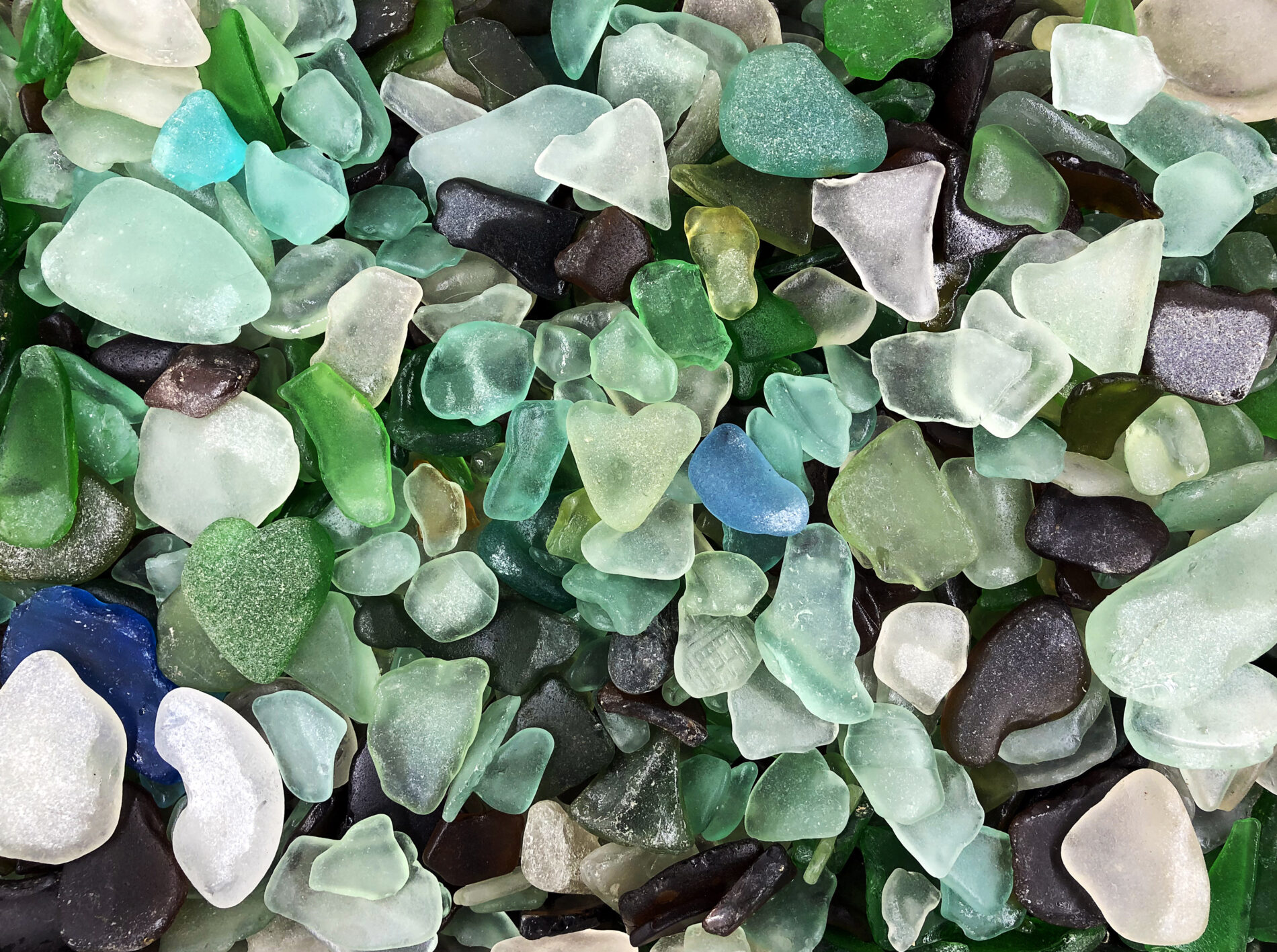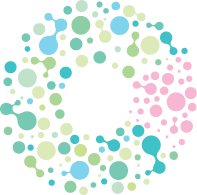30 June 2020
‘Close the Glass Loop’ action platform launches with major glass recycling target in sight
Multi-stakeholder platform connects the glass packaging ecosystem; targets 90% glass collection by 2030.

Brussels, 30 June 2020 –
With the warm welcome of European Commissioner Virginijus Sinkevičius, glass collection and recycling stakeholders today launched a major material stewardship programme which connects the entire European glass packaging ecosystem to boost bottle-to-bottle recycling.
The move comes as efforts to consolidate the European Circular Economy scale up following the adoption of the European Green Deal, the European Union’s new agenda for sustainable growth. Glass has long been a leader in circularity, as an infinitely recyclable packaging material with a collection for recycling rate of 76%. As a pan-European action platform, ‘Close the Glass Loop’ is a bottom-up, collaborative, public-private partnership that aims to boost glass collection rates to 90% by 2030. The initiative gathers twelve European federations representing glass manufacturers, processors, brands, Packaging Recovery Organisations and municipalities.
The European founding partners are the European Container Glass Federation (FEVE), European Federation of Glass Recyclers (FERVER), Comité Européen des Entreprises Vins (CEEV), European Federation of Bottled Waters (EFBW), spiritsEUROPE, Soft Drinks Europe (UNESDA), Extended Producer Responsibility Alliance (EXPRA), Producer Responsibility Organisations Packaging Alliance (PROsPA, represented by CITEO), ACR+, Eurocities, Municipal Waste Europe, European Fruit Juice Association (AIJN) and European Association of Food and Vegetable Processors (PROFEL).
To ensure a local implementation of measures and tailored solutions, the European Platform will be working hand-in-hand with national partners in every EU Member State.
At today’s online launch event, over 200 participants joined founding partners and national representatives from eleven countries – France, Germany, Italy, Poland, Portugal, Spain, the United Kingdom, Austria, Belgium, Sweden and Ireland – to officially launch the platform and sign off on the European Action Plans.
‘A concrete example of co-creation in the Circular Economy’
Joining the online event through video message, Virginijus Sinkevičius, European Commissioner in charge of the Environment, Fisheries and Oceans, commented:
“Glass is a great example of a circular material. You are already achieving outstanding results in waste collection and recycling. But today you show that you want to do more, that you are determined to bring levels up across the EU and seek the room for improvement all along the chain. I am confident that you will complete your mission and make the Close the Glass Loop Platform the springboard to the higher levels of the waste hierarchy.”
The European Action Plan, presented by Michel Giannuzzi, President of the European Container Glass Federation (FEVE) at today’s launch event, aims to address structural challenges in the glass collection and recycling chain which are common to most EU countries. With municipalities seen as a key player to mobilise collection, ‘Close the Glass Loop’ partners will establish a strong partnership with local authorities to expand source-separated glass collection, improve glass collection in large cities and tourist areas and ensure that use, collection and recycling of glass containers is better supported by common guidelines and tools, at all stages of use. Individual action points will range from organising a Municipalities Roadshow and best-practice workshops to support in facilitating pilot collection projects in densely populated or tourist areas to develop a roadmap for cullet quality and to reinforce cooperation between national stakeholders. The full action plan can be viewed at www.closetheglassloop.eu.
Setting out the Action Plan, Michel Giannuzzi, President of the European Container Glass Federation (FEVE), noted:
“We have the advantage of working with a material that is 100% and infinitely circular by nature and already a success story in terms of sustainability. The more we recycle glass, the less we litter or rely on virgin resources, while also providing premium packaging in terms of quality preservation, health and safety. Today, 76% of glass packaging in the EU market is collected for recycling – but there is more to be done. We need to fully seize the advantages offered by glass and recycle more and better. And to this end, we need the active commitment of the whole value chain. The level of engagement in ‘Close the Glass Loop’ to date lays really promising grounds for success and I am very much looking forward to the positive impact it will create over time.”
A number of National Action Plans from Austria, France, Spain and Sweden were also presented, highlighting the diversity of approaches between EU Member States and emphasising the need to provide tailored action plans at local level. At the same time, it reflects the importance of a coordinated approach on European level, to exchange best practice in order to close the collection gap and improve the quality of recycled glass (cullet). More availability of good quality cullet means a more resource-efficient production process, keeping resources productive in a bottle-to-bottle manufacturing loop and providing a premium level, safe and truly recycled packaging material.
The production of glass packaging for food, beverages as well as in the pharmaceutical, perfumery and cosmetics sector with an endlessly recyclable, reusable and permanent material translates in less consumption of natural resources, less waste and less use of energy in line with the Sustainable Consumption and Production Goal (SDG 12). At the same time, glass recycling directly allows the industry to dramatically reduce energy consumption and CO2 emissions, in line with the Climate Action Goal (SDG 13).
To download the full press release, click here. For the French version, click here.
***
About Glass Packaging
Made of minerals abundant in nature – sand, soda-ash, recycled glass and limestone – glass is a 100% and infinitely recyclable material, manufactured in a one-step process under one roof. The majority of collected glass bottles and jars are used repeatedly to produce new food grade glass packaging in the closed loop system. Each time a bottle or jar is recycled into new containers, energy and raw materials are also saved and less CO2 is emitted. In the EU, by recycling glass, over 12 million tons of raw materials are saved each year and over 7 million tons of CO2 are avoided – equal to taking 4 million cars off the road. We save 2.5% energy and 5% of CO2 for each 10% of glass recycled in the furnace.
